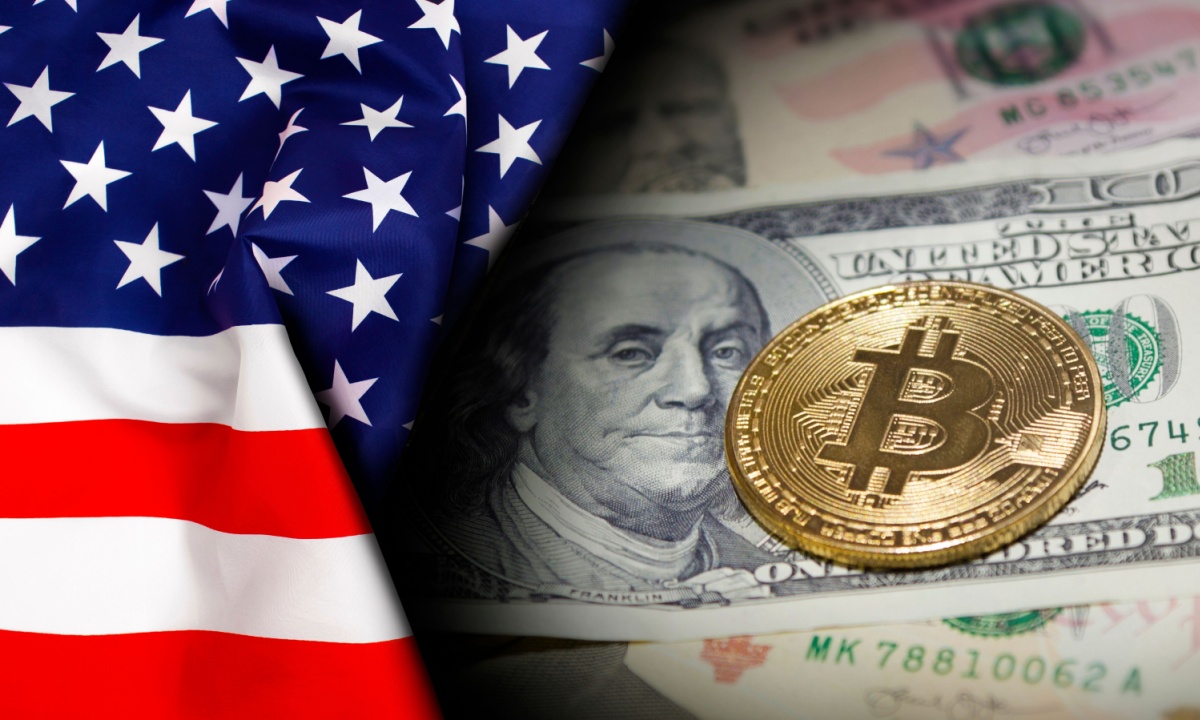
By: Elliptic Global Policy & Research Group
In this article, the Elliptic Global Policy and Research Group examines the implications of a new Executive Order issued by President Donald Trump on January 23, titled “Strengthening American Leadership in Digital Financial Technology.” This directive outlines an ambitious, pro-innovation agenda aimed at positioning the United States as a global leader in cryptoassets. Notably, the Executive Order, which has been widely praised by industry participants, underscores the need for digital asset firms to have fair access to banking services—a critical component for fostering crypto-related innovation in the U.S. It further establishes that protecting and promoting such banking access will be a key policy priority of the Trump administration.
The reference to banking access highlights a longstanding challenge faced by the U.S. cryptoasset industry. While some exceptions exist, most banks in the U.S. have been hesitant to provide services to crypto-related businesses, largely due to concerns over regulatory scrutiny and the perceived risks outweighing potential benefits. As a result, securing traditional banking relationships has remained a persistent hurdle for many firms operating in the sector.
Under the administration of former President Joe Biden, U.S. banking regulators generally maintained a cautious stance, discouraging banks from engaging with the cryptoasset industry due to concerns about financial stability. Some within the industry have even argued that this approach amounted to an informal initiative—referred to as Operation Chokepoint—designed to undermine the sector by restricting access to essential banking services. This restricted access has contributed to the broader perception that the U.S. has not been a particularly welcoming environment for crypto innovation.
With its strong language on digital assets, the Trump Executive Order signals a shift in direction, advocating for a regulatory environment in which cryptoasset firms can more readily access financial services. This sentiment has been echoed by other policymakers across the U.S. government, suggesting a broader momentum toward fostering a more accommodating landscape for the crypto industry…
Featured News
Belgian Authorities Detain Multiple Individuals Over Alleged Huawei Bribery in EU Parliament
Mar 13, 2025 by
CPI
Grubhub’s Antitrust Case to Proceed in Federal Court, Second Circuit Rules
Mar 13, 2025 by
CPI
Pharma Giants Mallinckrodt and Endo to Merge in Multi-Billion-Dollar Deal
Mar 13, 2025 by
CPI
FTC Targets Meta’s Market Power, Calls Zuckerberg to Testify
Mar 13, 2025 by
CPI
French Watchdog Approves Carrefour’s Expansion, Orders Store Sell-Off
Mar 13, 2025 by
CPI
Antitrust Mix by CPI
Antitrust Chronicle® – Self-Preferencing
Feb 26, 2025 by
CPI
Platform Self-Preferencing: Focusing the Policy Debate
Feb 26, 2025 by
Michael Katz
Weaponized Opacity: Self-Preferencing in Digital Audience Measurement
Feb 26, 2025 by
Thomas Hoppner & Philipp Westerhoff
Self-Preferencing: An Economic Literature-Based Assessment Advocating a Case-By-Case Approach and Compliance Requirements
Feb 26, 2025 by
Patrice Bougette & Frederic Marty
Self-Preferencing in Adjacent Markets
Feb 26, 2025 by
Muxin Li